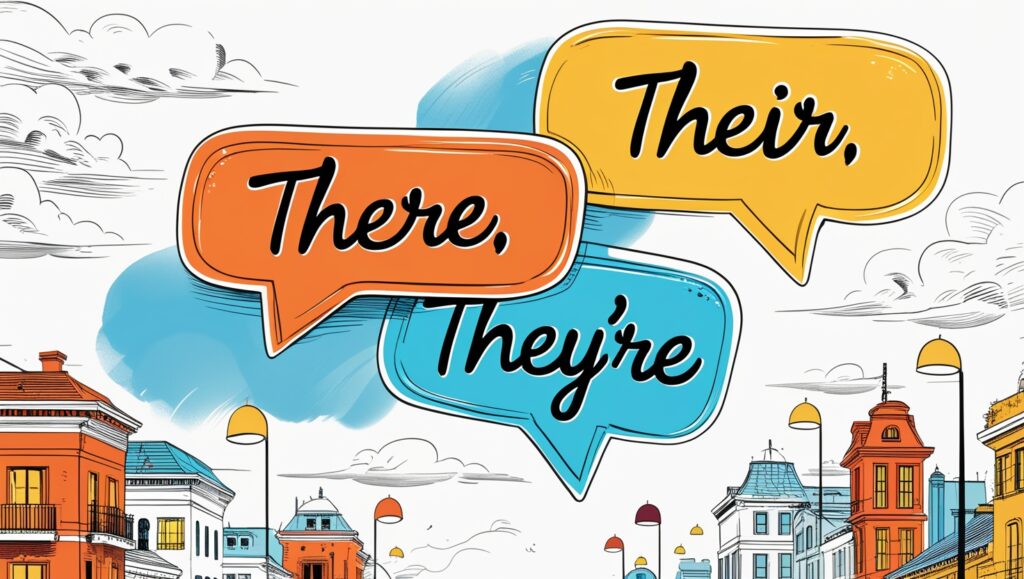How to Sound More Professional in Business English Emails
Introduction Business emails are an essential part of professional communication. Whether you’re corresponding with clients, colleagues or managers, how you structure and phrase your emails can impact how you are perceived. Writing professional business English emails requires clarity, conciseness and the right tone to ensure effective communication. Many non-native English speakers struggle with email writing due to […]
How to Sound More Professional in Business English Emails Read More »
Business Communication Learning Resources Resources Writing and Emails








